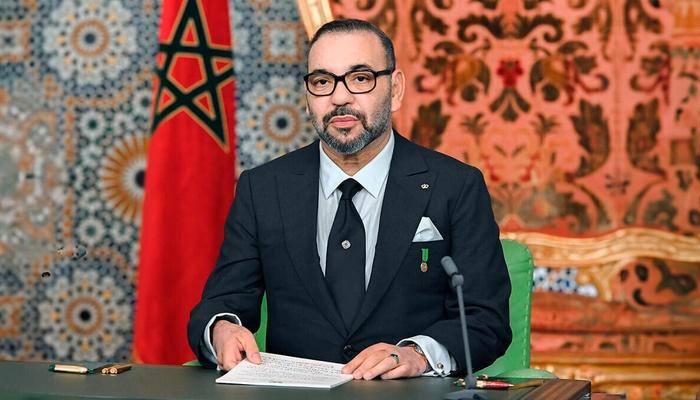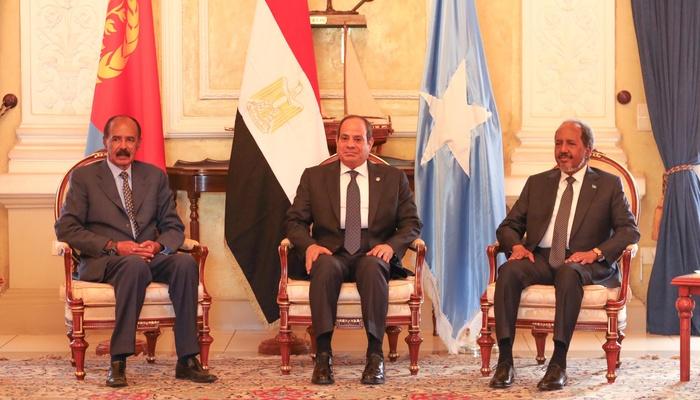Cameroon Election and Computational Propaganda
This paper has been realised within the framework of Social Strategic Studies, the project that stems from the integration of the analytical skills of Ce.S.I. Center for International Studies and Cultur-e Digital Media. The new research methodology enhances the traditional scenario strategic analysis with the ability to listen to the opinions of users on internet, segmented by geographical area, topic and conversation channels in order to further deepen the knowledge of the Countries of interest and the sentiment of the people
Last October presidential elections were among the most tense in Cameroon’s recent history. In fact, in a country crossed by a deep social and political discontent with the ruling class and scared by the armed rebellion of the English-speaking minority of the West, the outgoing President Paul Biya, in power for over thirty years, has reconfirmed his leadership of the government, easily overcoming his opponents.
The electoral campaign, particularly felt by Cameroonians and characterized by harsh tones, was also significantly fought on social networks, reflecting the growing importance of the net in the political dynamics of African societies.
The analysis of the public discussion ecosystem allowed to understand how President Biya and his two main adversaries, Maurice Kamto and Joshua Osih, have invested important resources in online campaign that saw the presence of some low blows and suspicious behaviours.
The case of Cameroon comes about a year after the Kenyan elections, also characterized by unscrupulous use of social media, and allows to confirm how the African continent sees clearly a growing of the centrality of social networks in the definition of social, political and economic balances of the different countries.








